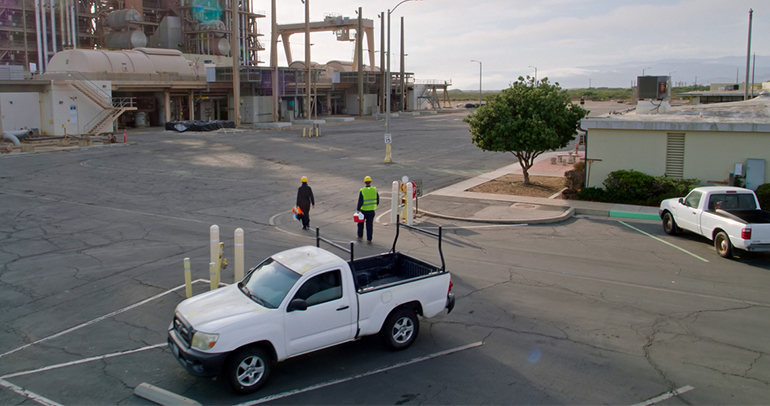
Electric vehicles, connectivity, shared mobility, and self-driving technologies are simultaneously converging in development in the automotive and mobility space. New vehicles are filled to the brim with the latest tech offerings to enhance the driving experience for the consumer. And consumers have generally embraced onboard technologies. Whether they realize it or not, many are already driving with advanced driver assistance systems (ADAS). According to a 2018 study, 89% of the motoring public would buy another car with at least one ADAS feature.
This is good news because the US government mandated that ADAS—which offers a subset of autonomous features—will be in 100% of new American cars by 2020, and carmakers are forging ahead in their eager pursuit of building fully autonomous vehicles. There will be an estimated 33 million autonomous vehicles sold annually by 2040—a mere twenty years down the line.
On the other hand, the general public is reluctant to give up full driving control to autonomous vehicles. Roughly one in five people is willing to ride in a self-driving car even though human error is the contributing cause of 94% of vehicle accidents.
We heard this public reluctance echoed in the resounding “No” voiced from five millennials on a consumer panel that Escalent facilitated at the 2018 ADAS & Autonomous Vehicle USA Conference. No, they would not step foot inside an autonomous vehicle for a variety of reasons rooted in a lack of trust. The engineers in the audience were surprised with this response but the panel’s candid answer reflected the fear felt by 73% of drivers who indicated they would be “too afraid” to ride in a self-driving vehicle in a 2018 AAA study.
So, as the race towards autonomous mobility continues, there is one key question that every manufacturer should be asking…
How can mobility providers build consumer trust in fully autonomous vehicles in the near future?
The lack of consumer trust is not a new barrier to AV adoption but it is one that continues to persist. News of accidents and deaths resulting from imperfect self-driving vehicles only serve to validate, if not heighten, consumer skepticism and fear. In their quest to fully automate driving, it is vital for automotive manufacturers to keep a close pulse on consumer sentiment to make sure they actively bring the public along as they continue to develop AVs.
Some are taking note. Carmakers have begun revising timelines to release self-driving vehicles because they do not want to risk increasing consumer fear and mistrust in the evolving technology. Cruise, the self-driving unit of GM, recently announced they will not be deploying self-driving taxis by the end of 2019, as originally planned, with CEO Dan Ammann saying “he’s being cautious about deploying the technology in cars on public roads, and making sure the public is ready. Any snafu could set back regulatory and public support.”
Having worked with manufacturers and automotive organizations across the globe for over 40 years, our Automotive & Mobility team at Escalent dug deeper into this question of public fear and trust in autonomous vehicles. We sought to answer a few key, strategic questions for automotive and mobility companies:
- How can carmakers—eager to roll out the newest mobility technologies—ensure there’s a willing market to embrace these tech offerings?
- Will we, as humans, ever be willing to give up full control for the sake of heralding an autonomous future? Even one which holds the promise of affordable and safe mobility for everyone, at anytime, anywhere?
- What can mobility providers do to address this public fear and skepticism as they strive to offer the full potential of autonomous mobility?
We explore the answers to this and more in An Autonomous Future: Building Trust in a Driverless World, and provide a set of strategic recommendations designed to help carmakers and mobility companies understand what it will take to shift this public paradigm.
Click below to download your copy of An Autonomous Future: Building Trust in a Driverless World.









